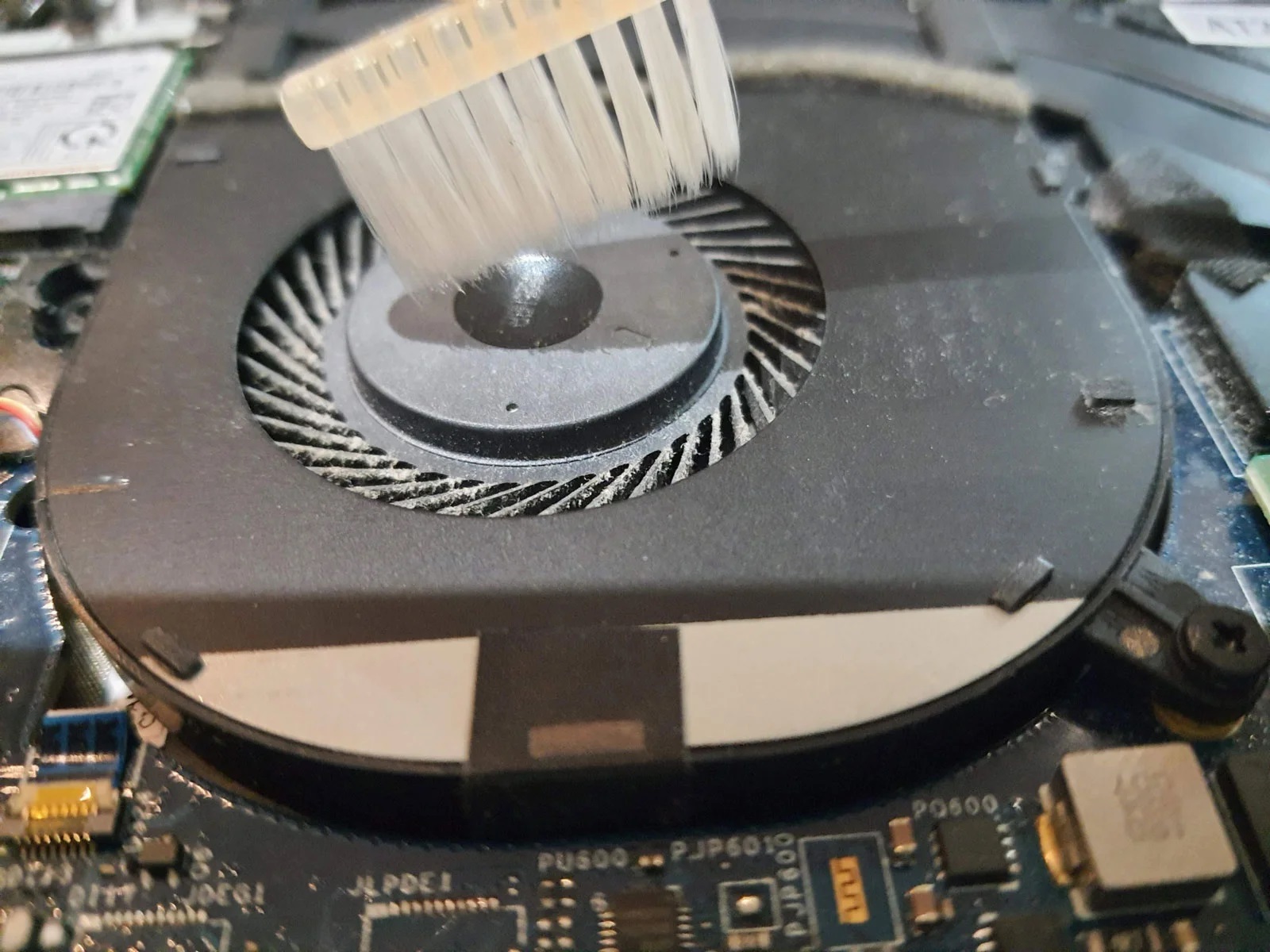

Articles
Why Is My Laptop Fan So Loud
Modified: January 8, 2024
Discover articles on why your laptop fan may be so loud and learn how to troubleshoot and fix the issue. Get tips and advice to keep your laptop running smoothly and quietly.
(Many of the links in this article redirect to a specific reviewed product. Your purchase of these products through affiliate links helps to generate commission for Storables.com, at no extra cost. Learn more)
Introduction
Have you ever wondered why your laptop fan is so loud? If you constantly hear a loud whirring or buzzing noise coming from your laptop, it can be irritating and concerning. The fan in your laptop plays a crucial role in keeping it cool and preventing overheating, but when it becomes excessively noisy, it can disrupt your work and potentially indicate an underlying issue.
In this article, we will explore the reasons why your laptop fan may be producing loud noise and effective ways to reduce the noise level. Understanding the causes behind a loud laptop fan can help you take necessary steps to resolve or prevent further issues.
Key Takeaways:
- Regularly cleaning the fan and vents of your laptop can significantly reduce fan noise, improve airflow, and prevent overheating, ensuring a quieter and more efficient computing experience.
- Investing in a laptop cooling pad can enhance airflow, reduce fan noise, and improve overall cooling performance, providing a cost-effective and convenient solution for a quieter laptop operation.
Read more: Why Is My HVAC Fan So Loud
Reasons for a Loud Laptop Fan
A laptop fan typically spins at high speed to dissipate heat generated by the internal components. However, when the fan starts to make excessive noise, it can be indicative of underlying issues. Here are some common reasons for a loud laptop fan:
- Dust and Debris Accumulation: Over time, dust and debris can accumulate on the fan blades and vents, causing the fan to work harder and create more noise. The accumulation restricts the airflow, leading to increased heat and reduced cooling efficiency.
- Overheating Issues: If your laptop is running demanding tasks or running for prolonged periods without adequate cooling, it can cause overheating. The fan will work harder to cool down the internal components, resulting in loud noise.
- Insufficient Cooling System: Some laptops may have an inadequate cooling system in terms of design or fan size. This limitation can cause the fan to spin faster and generate more noise to compensate for the inadequate cooling capacity.
- Fan Malfunction or Damage: Over time, the laptop fan may develop mechanical issues or damage, such as worn-out bearings or misaligned fan blades. These problems can cause excessive noise as the fan struggles to function properly.
Identifying the root cause of your laptop’s loud fan noise is crucial in order to implement the appropriate solutions. Let’s explore some effective ways to reduce the noise level and ensure optimal laptop performance.
Dust and Debris Accumulation
One of the most common culprits of a loud laptop fan is the accumulation of dust and debris. As you use your laptop on a daily basis, microscopic particles can enter the system through the keyboard, vents, and cooling fan. Over time, these particles can build up on the fan blades and clog the vents, hindering proper airflow and causing the fan to work harder than necessary.
To tackle dust and debris accumulation, a thorough cleaning of your laptop’s fan and vents is required. Here’s how you can do it:
- Power off and unplug your laptop: Before starting the cleaning process, make sure to shut down your laptop and unplug it from the power source. This will prevent any potential damage to both you and the device.
- Locate the fan and vents: The fan is usually located on the bottom or side of the laptop. The vents are typically located near the fan or on the sides and back of the laptop.
- Use compressed air: Using a can of compressed air, gently blow air into the vents and fan to dislodge the dust and debris. Make sure to hold the can upright and not to shake it while using it.
- Brush away remaining debris: After using compressed air, if there is still remaining dust or debris, you can use a soft-bristled brush or a toothbrush to carefully brush away the particles. Be gentle and avoid applying too much pressure.
- Check for visible damage: While cleaning, take a close look at the fan blades and check for any signs of damage, such as bent blades or excessive wobbling. If you notice any damage, it might be necessary to replace the fan.
- Repeat regularly: To prevent further dust and debris accumulation, it’s important to clean your laptop’s fan and vents regularly. Aim for at least once every few months, depending on your usage and the environment in which you use your laptop.
By removing the dust and debris from your laptop’s fan and vents, you can significantly reduce the noise caused by the fan. This will improve airflow and cooling efficiency, allowing your laptop to function optimally and quietly.
Overheating Issues
Overheating is a common issue that can lead to a loud laptop fan. When your laptop’s internal components generate excessive heat, the fan works harder to cool them down. This increased workload can result in a louder fan noise. There are several factors that can contribute to overheating:
- Intensive tasks: Running CPU-intensive tasks like gaming, video editing, or running demanding software for a prolonged period can put a heavy load on your laptop’s components, causing them to heat up.
- Limited airflow: Blocking the vents or using your laptop on soft surfaces like a bed or pillow can restrict the airflow, preventing proper cooling and leading to overheating.
- Damaged cooling system: If the cooling system, including the fan and heat sink, is damaged or not functioning properly, it can compromise the ability to dissipate heat effectively.
To combat overheating issues and reduce fan noise, you can take the following steps:
- Ensure proper ventilation: Place your laptop on a hard and flat surface while in use to allow proper airflow through the vents. Avoid covering the vents with objects like papers or using your laptop on soft surfaces.
- Use a laptop cooling pad: A laptop cooling pad is a device designed to improve airflow around your laptop. It typically features built-in fans that provide additional cooling and can significantly reduce the temperature of your laptop.
- Keep your laptop clean: Regularly clean the vents and fan of your laptop to prevent dust and debris accumulation, which can hinder airflow and contribute to overheating.
- Monitor CPU usage: Keep an eye on the CPU usage of your laptop and avoid running multiple resource-intensive programs simultaneously. Close any unnecessary applications to reduce the strain on your laptop’s components.
- Consider a laptop cooling software: There are various software programs available that allow you to control the fan speed and optimize cooling performance on your laptop. These programs can help reduce overheating and fan noise.
By addressing overheating issues and implementing proper cooling measures, you can help prevent your laptop from overheating and minimize the noise generated by the fan.
Insufficient Cooling System
Some laptops may have an inadequate cooling system, either due to design limitations or a small fan size. This can result in the fan having to work harder to cool down the internal components, leading to increased noise. While you may not be able to change the cooling system of your laptop, there are a few steps you can take to mitigate the issue:
- Elevate your laptop: Using a laptop stand or propping up the back of your laptop with a book or stand can help improve airflow and allow for better cooling.
- Use a cooling pad: Investing in a laptop cooling pad can provide additional cooling support. These pads usually come with built-in fans and a design that promotes better airflow.
- Avoid blocking vents: Ensure that the vents on your laptop are not blocked by objects or covered by your hands while using it. Blocked vents restrict the airflow, which can cause the fan to work harder.
- Optimize power settings: Adjusting your laptop’s power settings to balance performance and power consumption can help reduce the workload on the internal components, resulting in less fan noise.
- Consider an external cooling solution: If your laptop’s cooling system is consistently inadequate, you may consider using an external cooling solution, such as a laptop cooling dock or a laptop cooling vacuum pad.
While these measures may not completely eliminate fan noise caused by an insufficient cooling system, they can help alleviate the issue and provide some relief. It’s essential to keep in mind that laptops with more powerful components may naturally have louder fans due to the increased heat generated.
If you find that your laptop’s fan noise is unbearable and significantly affects your user experience, it may be worth consulting with a professional technician or contacting the laptop manufacturer for further assistance and evaluation.
Read more: Why Is My Bathtub Drain So Loud
Fan Malfunction or Damage
If your laptop fan is making excessive noise, it could be due to a malfunction or damage to the fan itself. Over time, the fan can experience wear and tear, resulting in mechanical issues or misalignment of the fan blades. Here are some signs that your laptop fan may be malfunctioning or damaged:
- Loud clicking or grinding noise: If you hear unusual sounds like clicking or grinding coming from the fan, it may indicate a mechanical problem or misaligned blades.
- Excessive wobbling: If the fan blades appear to be wobbling excessively or if you notice any physical damage to the fan, it may be a sign of fan damage.
- Inconsistent fan speed: A faulty fan may exhibit inconsistent or erratic speed, causing fluctuating noise levels.
- Overheating despite the fan running: If your laptop is still overheating despite the fan running at full speed, it could indicate a malfunctioning fan that is unable to cool the internal components effectively.
If you suspect a fan malfunction or damage, it is advisable to seek professional assistance. A computer technician or laptop repair specialist can inspect and diagnose the fan issue more accurately.
Depending on the severity of the problem, the technician may recommend cleaning and servicing the fan or replacing it altogether. Attempting to repair or replace the fan yourself may result in further damage to your laptop or void the warranty, so it’s best to consult a professional.
By addressing fan malfunctions or damages promptly, you can not only reduce the noise but also ensure better cooling and prolong the lifespan of your laptop.
Make sure your laptop is placed on a flat, hard surface to allow proper airflow. Clean the fan and vents regularly to remove dust and debris that can cause the fan to work harder and become louder.
Ways to Reduce Laptop Fan Noise
If you’re tired of dealing with a loud laptop fan, there are several effective strategies you can implement to reduce the noise level and create a more pleasant computing experience. Here are some ways to achieve a quieter laptop fan:
- Cleaning the Fan and Vents: As mentioned earlier, a buildup of dust and debris can cause the fan to work harder and generate more noise. Regularly cleaning the fan and vents can improve airflow and reduce fan noise. Use compressed air or a soft brush to remove the accumulated dust.
- Using a Laptop Cooling Pad: A laptop cooling pad is an accessory designed to improve airflow around your laptop. It typically features built-in fans that supplement the laptop’s cooling system, helping to dissipate heat more effectively and reducing fan noise.
- Adjusting Power Settings: Lowering the power settings of your laptop can reduce the strain on the CPU, resulting in less heat generation and a quieter fan. You can adjust these settings through the control panel or power management options in your operating system.
- Updating BIOS and Drivers: Outdated system BIOS or device drivers can sometimes cause the fan to run excessively and produce unnecessary noise. Check for updates on the manufacturer’s website and install the latest BIOS and driver versions to ensure optimal performance and noise reduction.
- Optimizing Software and Processes: Closing unnecessary programs and processes running in the background can reduce CPU usage and minimize heat generation. Monitor your task manager and selectively close resource-intensive applications to alleviate the strain on your laptop’s components.
- Using a Laptop Stand: Elevating your laptop with a stand or propping it up with a book can improve the air circulation and reduce the workload on the fan, resulting in quieter operation.
- Checking and Adjusting Fan Settings: Some laptops allow you to control the fan settings through BIOS or a dedicated software utility. Check if your laptop provides this option and adjust the fan settings to a quieter mode if available.
Remember, the effectiveness of these strategies may vary depending on the laptop model and configuration. Some laptops naturally have louder fans due to their design or more powerful components. However, by implementing these measures, you can significantly reduce the noise level and create a more enjoyable computing experience.
Cleaning the Fan and Vents
Cleaning the fan and vents of your laptop is an essential step in reducing fan noise and maintaining optimal cooling performance. Over time, dust, dirt, and debris can accumulate on the fan blades and block the vents, restricting airflow and causing the fan to work harder. Here’s a step-by-step guide on how to clean the fan and vents:
- Power off your laptop: Before starting the cleaning process, make sure to shut down your laptop and unplug it from the power source for safety.
- Locate the fan and vents: The fan is typically located on the underside or side of the laptop. The vents are usually located near the fan or on the sides and back of the laptop.
- Use compressed air: Grab a can of compressed air and hold it upright. Use short bursts of air to blow away the dust and debris from the vents and fan blades. Be sure to keep the can in an upright position to prevent any liquids from escaping.
- Hold the fan in place: To prevent damage to the fan, use a toothpick or a small object to hold the blades in place while blowing the compressed air. This will prevent them from spinning too fast and potentially damaging the fan.
- Briefly stop blowing: After a few seconds of blowing compressed air, pause for a moment to allow any dust or debris to settle. This prevents it from being blown back into the laptop through the vents.
- Clean the exterior: Use a soft, lint-free cloth to wipe the exterior surfaces of your laptop, including the screen, keyboard, and palm rest. This will remove any fingerprints, smudges, or dirt that may have accumulated.
- Repeat periodically: To maintain optimal performance, it’s recommended to clean the fan and vents every few months or as needed, depending on your usage and the environment in which you use your laptop.
By regularly cleaning the fan and vents, you can ensure proper airflow and cooling, which will reduce fan noise and prevent overheating. If you’re uncomfortable performing the cleaning yourself, consider taking your laptop to a professional technician who can perform a more thorough cleaning.
Remember, cleaning the external components of your laptop is just as important as cleaning the fan and vents. Keeping your laptop clean not only improves its appearance but also helps in maintaining its performance and longevity.
Using a Laptop Cooling Pad
If you’re looking to reduce laptop fan noise and improve overall cooling performance, investing in a laptop cooling pad can be a worthwhile solution. A laptop cooling pad is an accessory designed to enhance the airflow around your laptop and dissipate heat more effectively. Here’s how using a laptop cooling pad can benefit you:
- Improved Airflow: Laptop cooling pads are equipped with built-in fans or a raised platform that allows for better airflow underneath your laptop. This additional airflow helps in cooling the internal components and reduces the workload on the laptop’s built-in cooling system, resulting in reduced fan noise.
- Enhanced Cooling Performance: The fans on cooling pads provide supplementary cooling to your laptop, effectively reducing the temperature of the CPU and GPU. By maintaining lower operating temperatures, your laptop’s fan does not need to work as hard, resulting in quieter operation.
- Ergonomic Benefits: Most laptop cooling pads come with an ergonomic design that elevates the laptop to a more comfortable viewing angle. This can help reduce strain on your neck and spine, allowing for improved posture during extended laptop use.
- Easy to Use and Portable: Laptop cooling pads are typically lightweight, portable, and easy to use. They usually connect to your laptop via a USB port for power and require little to no additional setup. You can easily carry them with you wherever you go, providing cooling support for your laptop on the go.
- Multiple Fan Speed Settings: Many cooling pads offer multiple fan speed settings, allowing you to adjust the cooling performance according to your needs. This gives you control over the balance between cooling efficiency and noise level.
When using a laptop cooling pad, it’s important to position your laptop correctly. Place your laptop centrally on the cooling pad, aligning it with the built-in fans or raised platform. This ensures that the cooling pad provides maximum airflow to the underside of your laptop.
Keep in mind that a laptop cooling pad is not a substitute for regular maintenance and cleaning. It’s still essential to clean the fan and vents of your laptop regularly to prevent dust buildup and maintain optimal cooling performance.
Overall, using a laptop cooling pad can significantly reduce laptop fan noise and improve cooling efficiency. It’s a cost-effective and convenient solution to enhance both performance and comfort during long hours of laptop use.
Read more: Why Is My Electric Kettle So Loud
Adjusting Power Settings
Adjusting the power settings of your laptop can help reduce fan noise by optimizing the performance and power consumption of your device. When your laptop operates at high power settings, it generates more heat, which can result in a louder fan. By making some changes to the power settings, you can potentially reduce the strain on your laptop’s components and minimize fan noise.
Here are some steps to adjust the power settings on your laptop:
- Open the Power Options: Go to the Control Panel or search for “Power Options” in the Start menu to access the Power Options settings.
- Select a Power Plan: In the Power Options window, you will see a list of power plans. Select a power plan that prioritizes energy-saving or has a lower maximum processor state. These plans are typically labeled as “Power Saver” or “Balanced.”
- Customize the Power Plan: If you want more control over the power settings, click on “Change plan settings” next to the selected power plan. This will allow you to adjust individual settings such as the display brightness, sleep and hibernation settings, and advanced power settings.
- Modify Processor Power Management: In the advanced power settings, look for the “Processor power management” option. Here, you can modify the minimum and maximum processor state. Lowering the maximum state will reduce the CPU’s power consumption, leading to less heat generation.
- Adjust Display Brightness: Dimming your laptop’s display or setting it to automatically adjust brightness based on the ambient lighting conditions can also help save power and reduce heat.
- Apply the Changes: Once you have made the desired adjustments, click “Apply” or “OK” to save the changes and exit the Power Options window.
By adjusting the power settings to a more energy-efficient or balanced mode, your laptop will consume less power, generate less heat, and thereby decrease the workload on the fan. This can result in a quieter operating environment.
Keep in mind that lowering the power settings too much may affect the performance of your laptop. It’s important to strike a balance between reducing fan noise and maintaining adequate performance for your daily tasks.
Experiment with different power plan options and settings to find the combination that works best for you, providing a quieter fan without compromising the performance you need.
Updating BIOS and Drivers
Updating the BIOS (Basic Input/Output System) and drivers on your laptop can be an effective way to reduce fan noise and improve overall performance. Outdated BIOS and drivers can sometimes cause the fan to run excessively or inefficiently, leading to unnecessary noise. By keeping these software components up to date, you can ensure optimal functionality and potentially minimize fan noise.
Here are the steps to update the BIOS and drivers on your laptop:
- Identify your laptop’s make and model: Note down the make and model of your laptop. You can usually find this information on a label on the bottom of the laptop or in the system information section of your operating system.
- Visit the manufacturer’s website: Go to the website of your laptop’s manufacturer and navigate to the support or downloads section. Look for the drivers and downloads page specific to your laptop model.
- Check for BIOS updates: Locate the BIOS updates for your laptop model and download the latest version available. Follow the manufacturer’s instructions for updating the BIOS, as the process may vary depending on the laptop brand.
- Update device drivers: In addition to the BIOS, it’s essential to update the drivers for various hardware components in your laptop, such as the graphics card, chipset, sound card, and network adapter. Download the latest drivers for your specific laptop model from the manufacturer’s website and install them.
- Restart your laptop: After updating the BIOS and drivers, it’s recommended to restart your laptop to ensure that the changes take effect properly.
Regularly updating the BIOS and drivers on your laptop can not only improve performance but also address any compatibility issues that might be causing the fan to work harder and generate more noise. Manufacturers often release updates to optimize fan control algorithms and improve cooling efficiency.
Remember to periodically check for new updates and install them accordingly to keep your laptop running smoothly and quietly. Some laptops have built-in software that can automatically search for and install the latest updates, making the process even more convenient.
If you are unfamiliar with updating the BIOS or drivers, or if you encounter any issues during the update process, it’s recommended to seek assistance from the manufacturer’s support or consult with a professional technician.
Conclusion
Laptop fan noise can be frustrating and disruptive, but understanding the reasons behind it and implementing effective solutions can help restore a quieter and more comfortable computing experience. In this article, we explored several factors that can contribute to a loud laptop fan, such as dust accumulation, overheating, insufficient cooling systems, and fan malfunction. We also discussed various methods to reduce fan noise, including cleaning the fan and vents, using a laptop cooling pad, adjusting power settings, and updating the BIOS and drivers.
Regularly cleaning the fan and vents helps prevent dust and debris buildup, improving airflow and reducing the need for the fan to work harder. Investing in a laptop cooling pad enhances airflow and provides supplementary cooling, resulting in a quieter fan and improved cooling performance. Adjusting power settings and updating the BIOS and drivers can optimize performance and address any compatibility issues that might affect fan noise.
Remember to strike a balance between fan noise and laptop performance. While reducing fan noise is essential, it’s equally important to ensure that your laptop stays cool and operates efficiently. Regular maintenance and preventive measures can safeguard your laptop from overheating and prolong its lifespan. Additionally, seeking professional assistance when necessary can help diagnose and resolve any fan malfunctions or physical damage.
By implementing these strategies, you can create a quieter and more comfortable working environment while maintaining the overall performance and longevity of your laptop. Enjoy a productive and noise-free computing experience!
Frequently Asked Questions about Why Is My Laptop Fan So Loud
Was this page helpful?
At Storables.com, we guarantee accurate and reliable information. Our content, validated by Expert Board Contributors, is crafted following stringent Editorial Policies. We're committed to providing you with well-researched, expert-backed insights for all your informational needs.

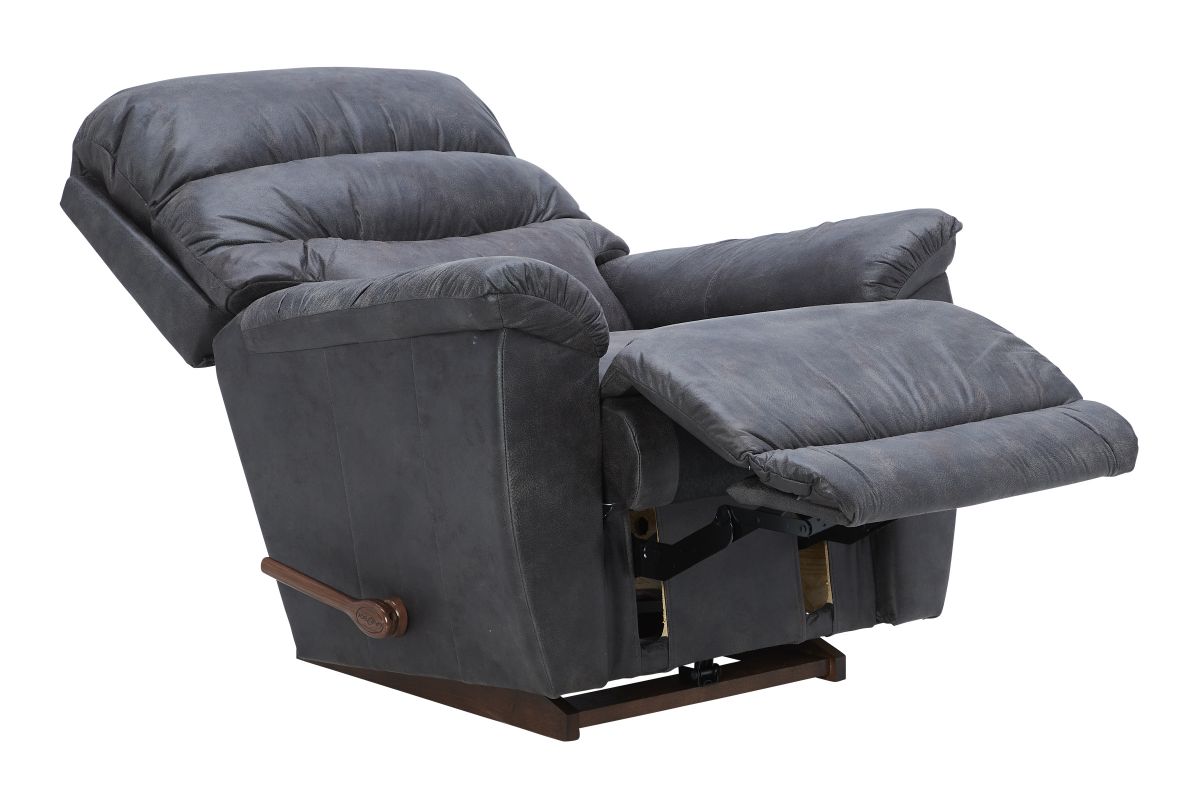
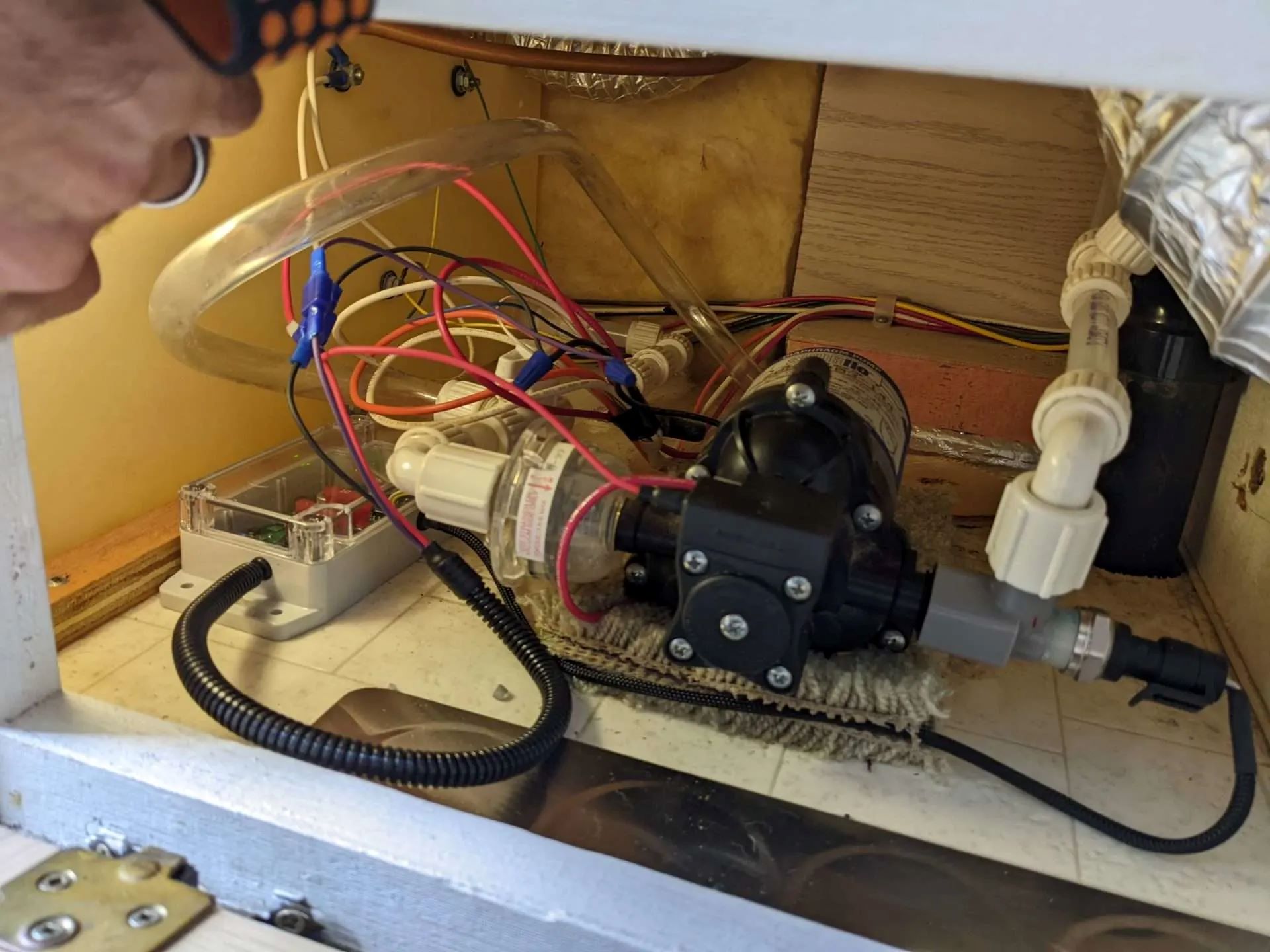
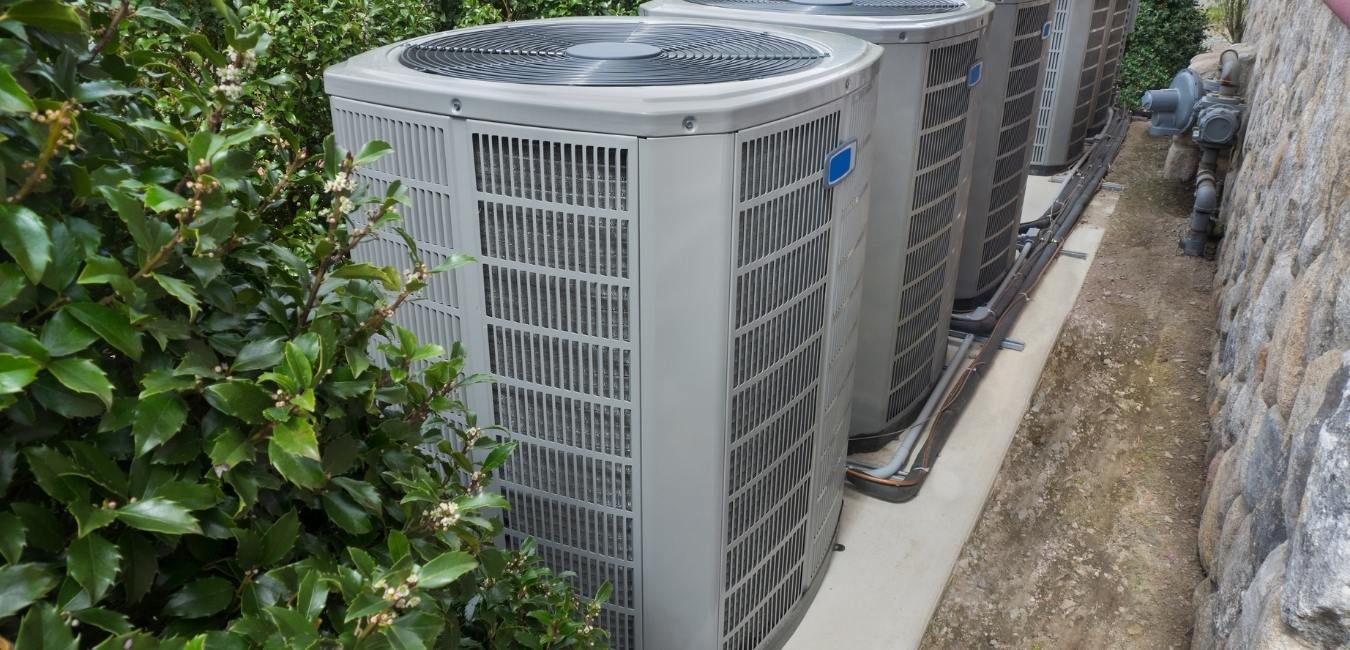
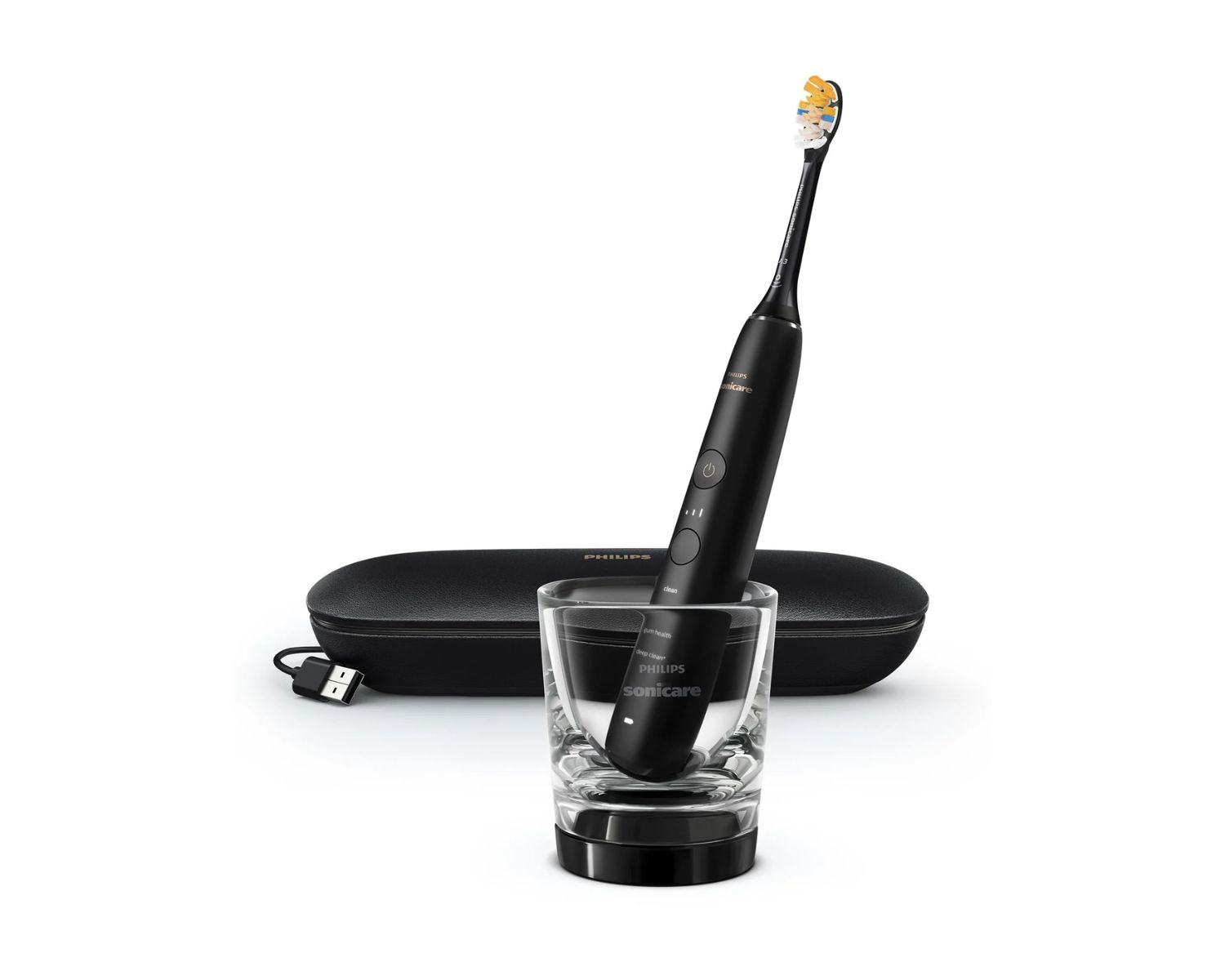
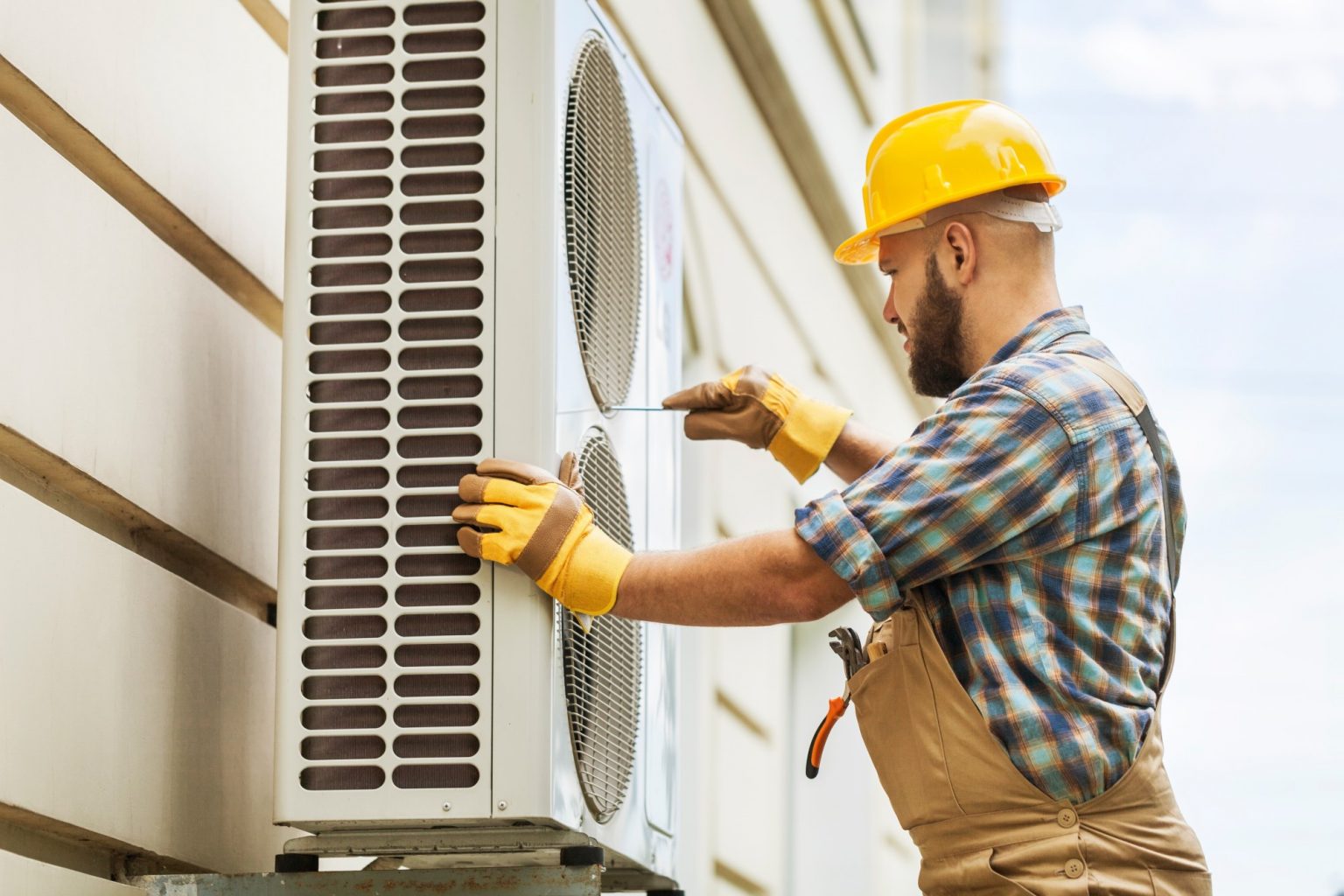
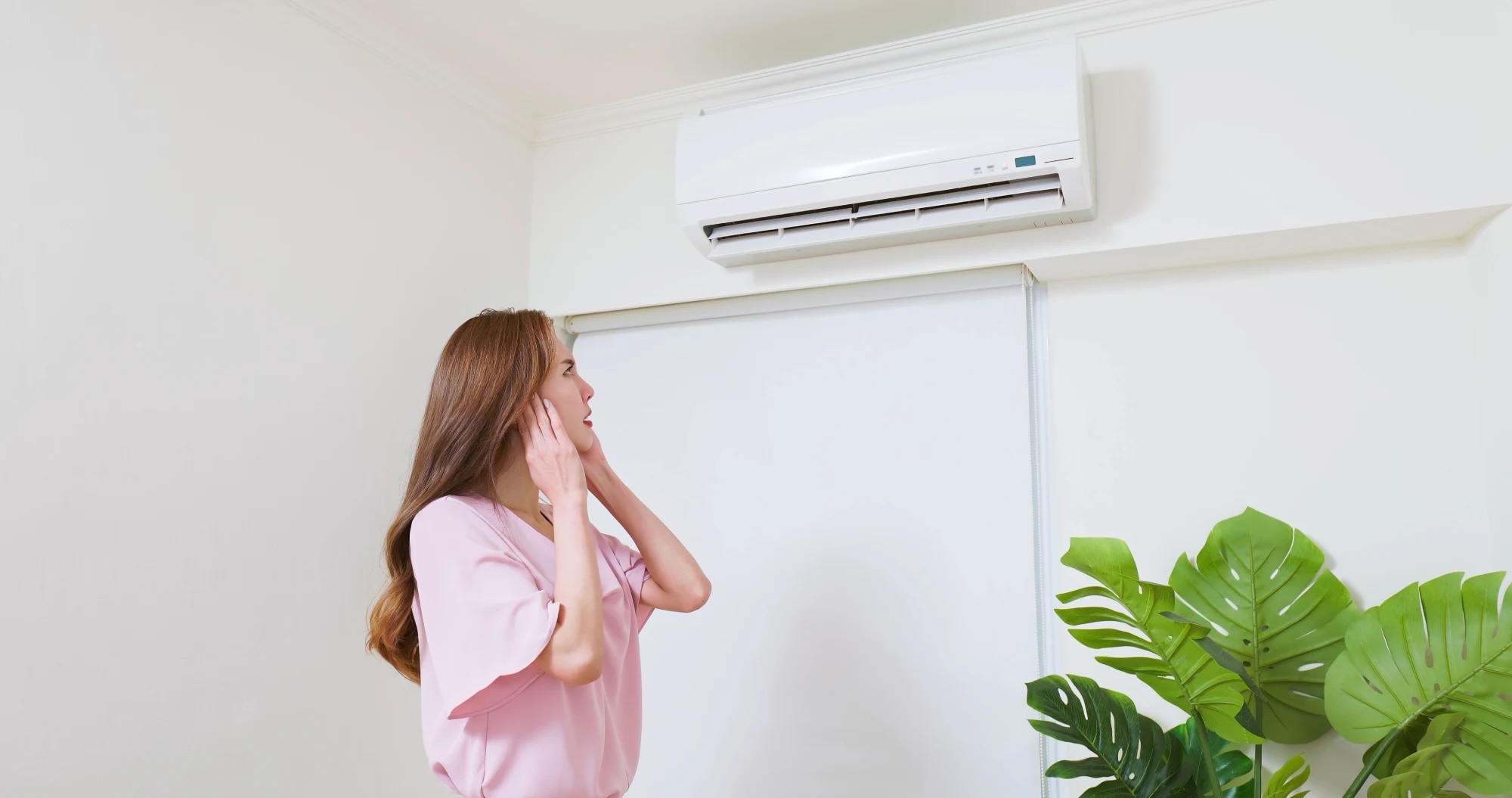

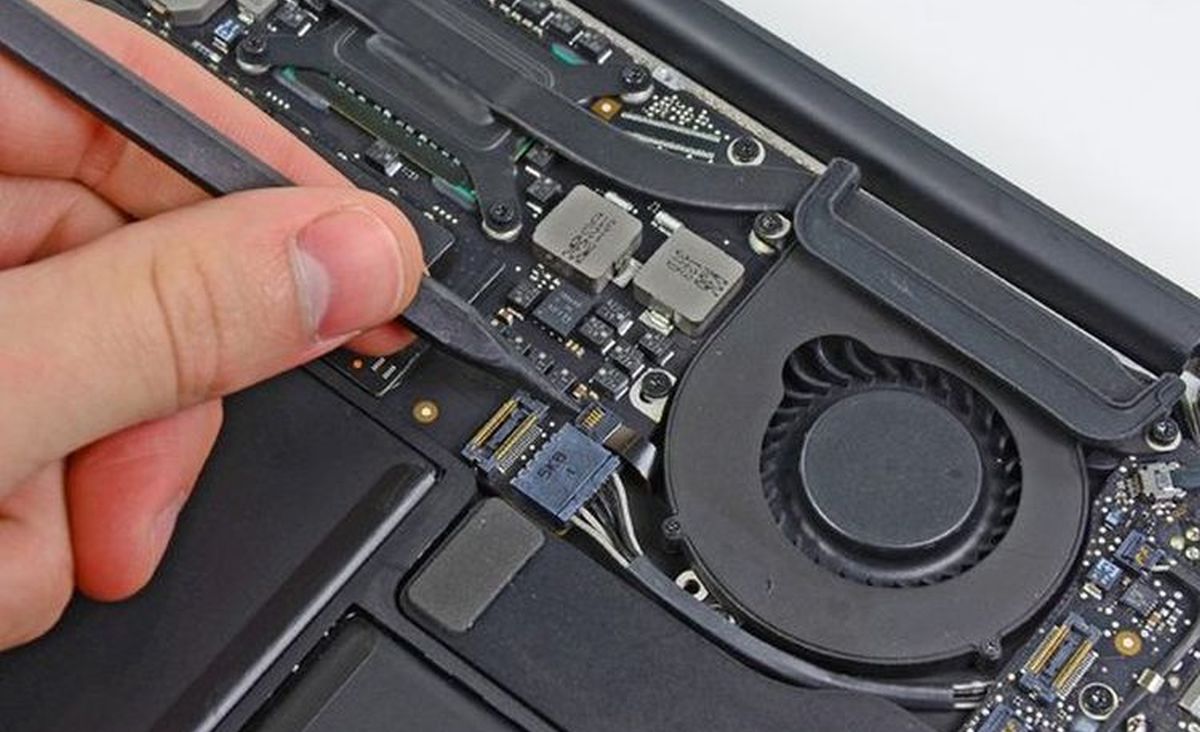
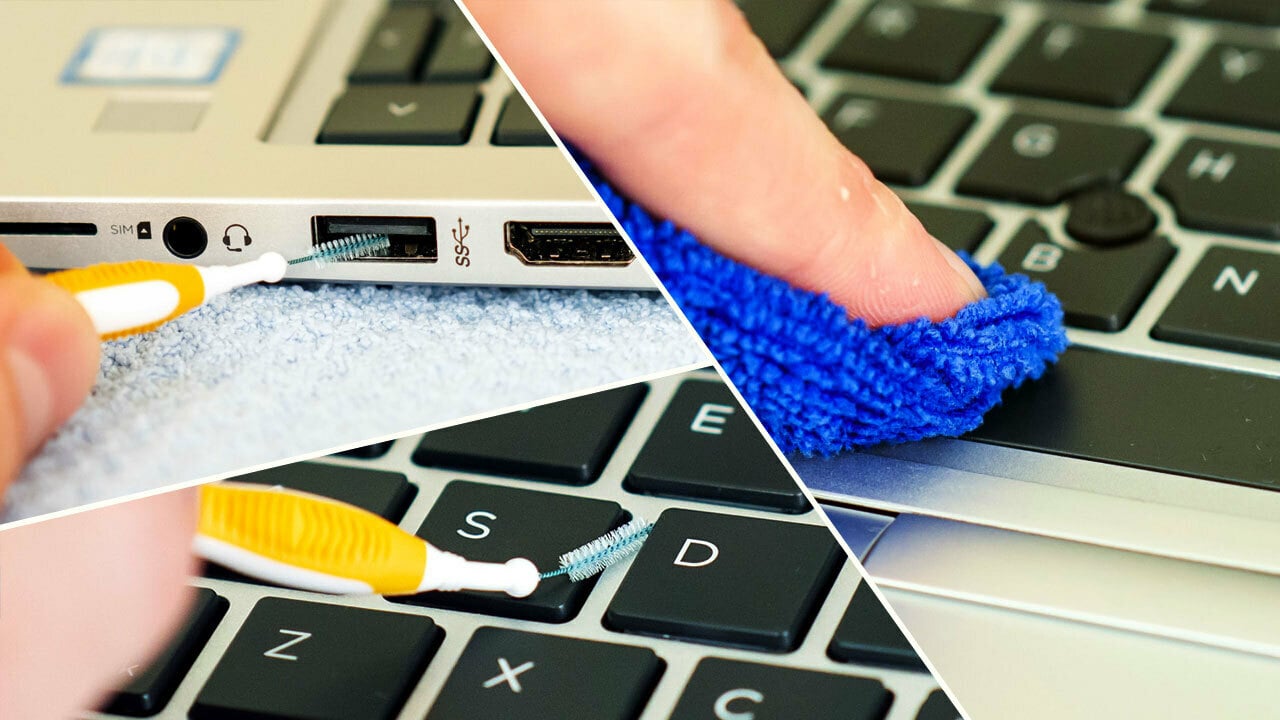
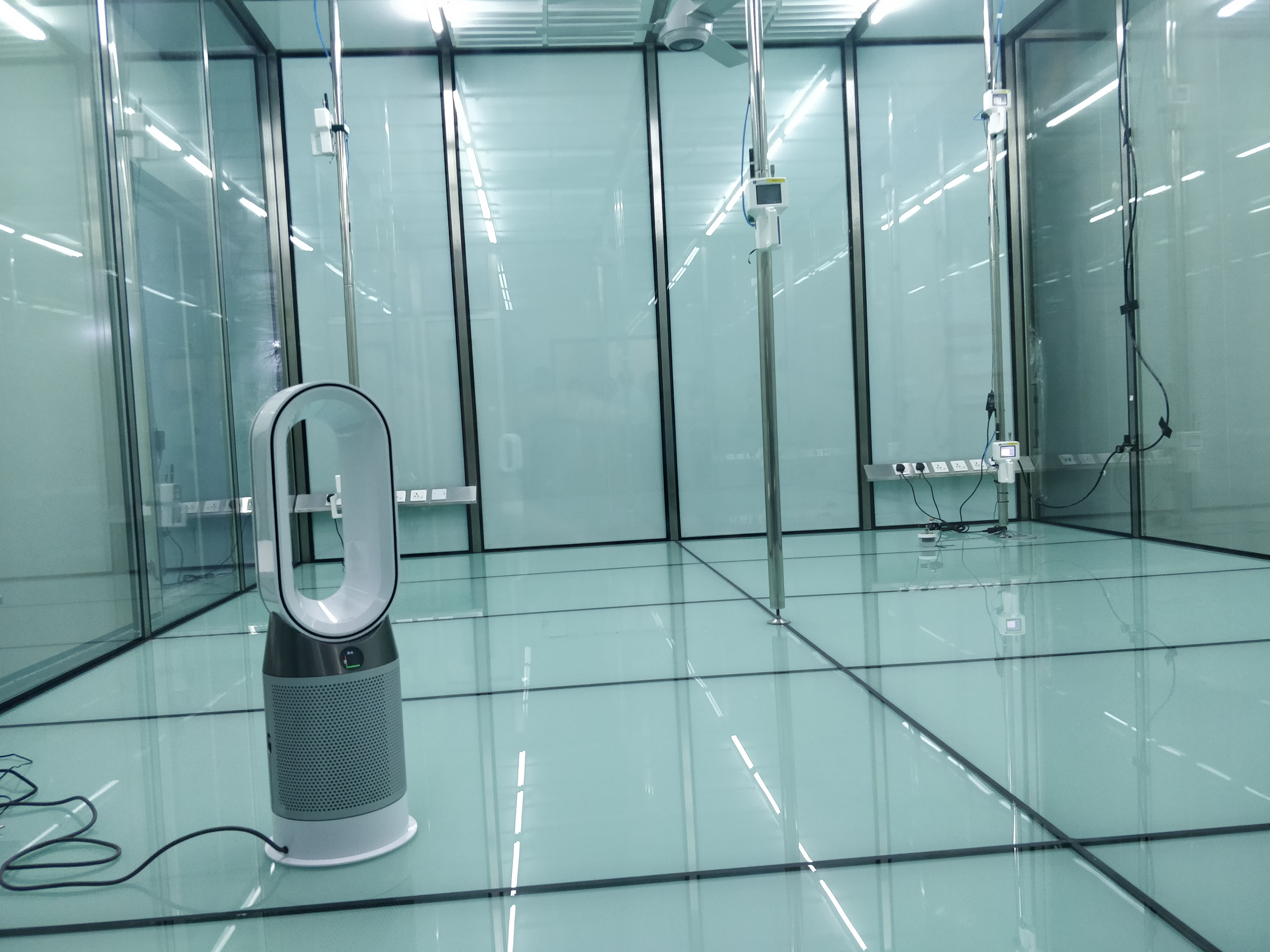

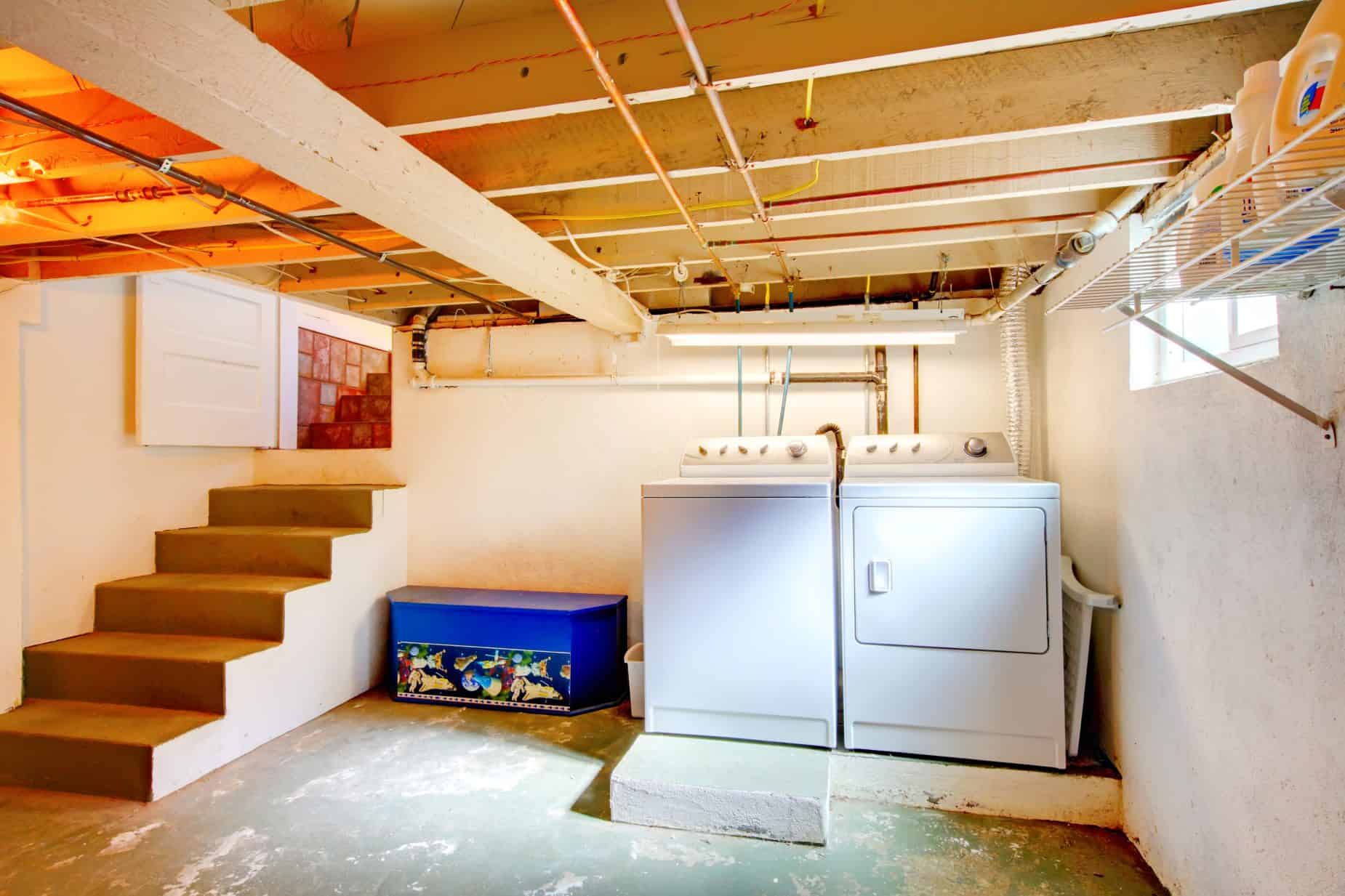

0 thoughts on “Why Is My Laptop Fan So Loud”